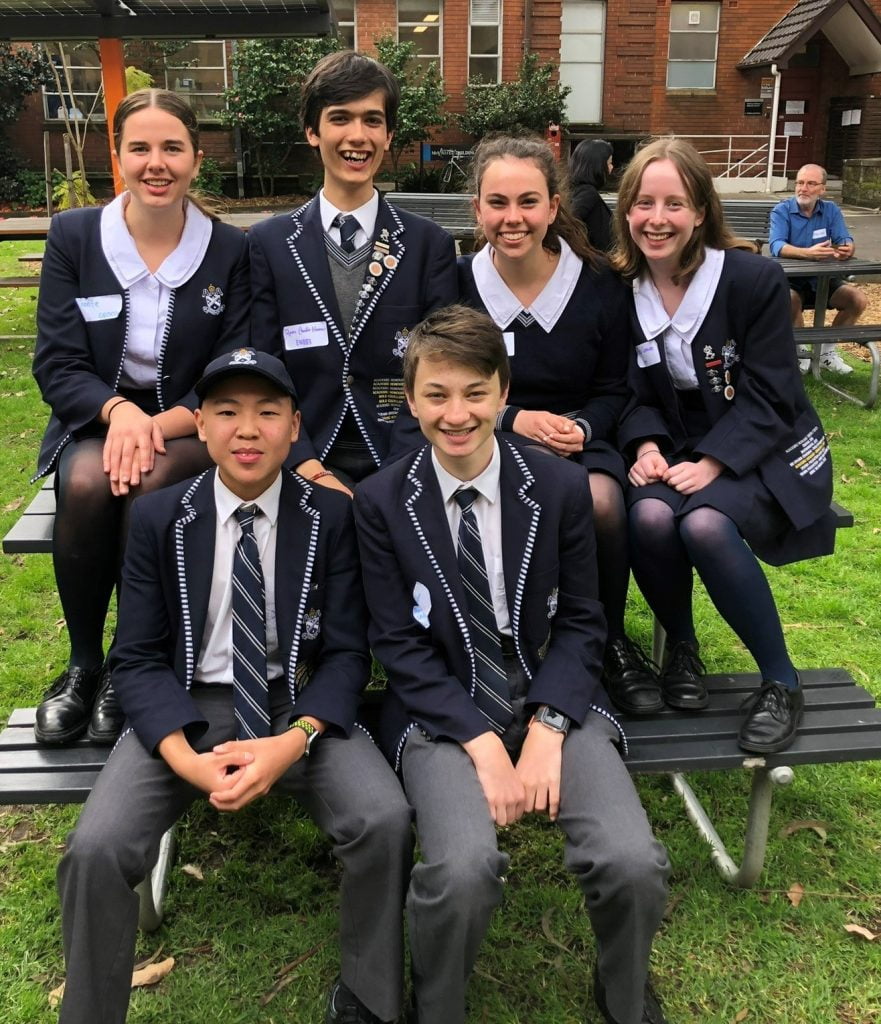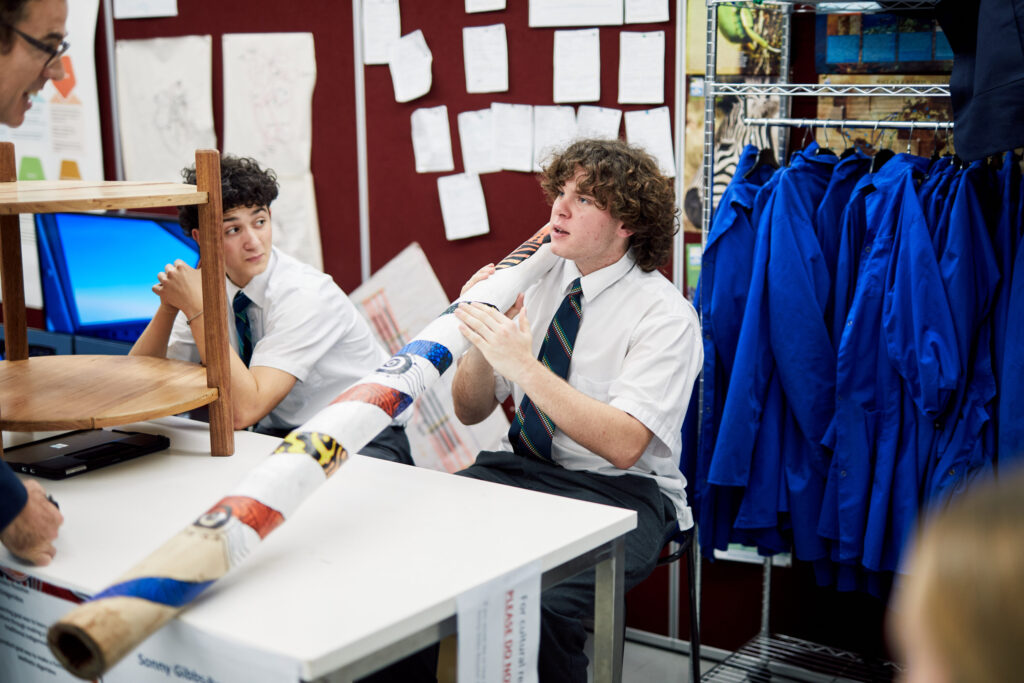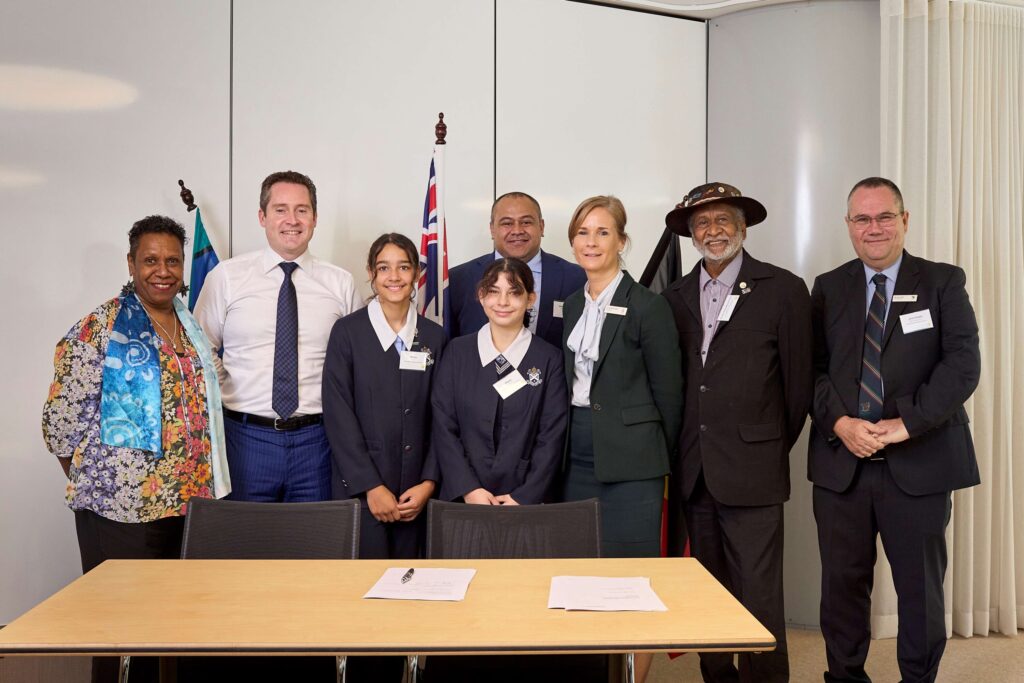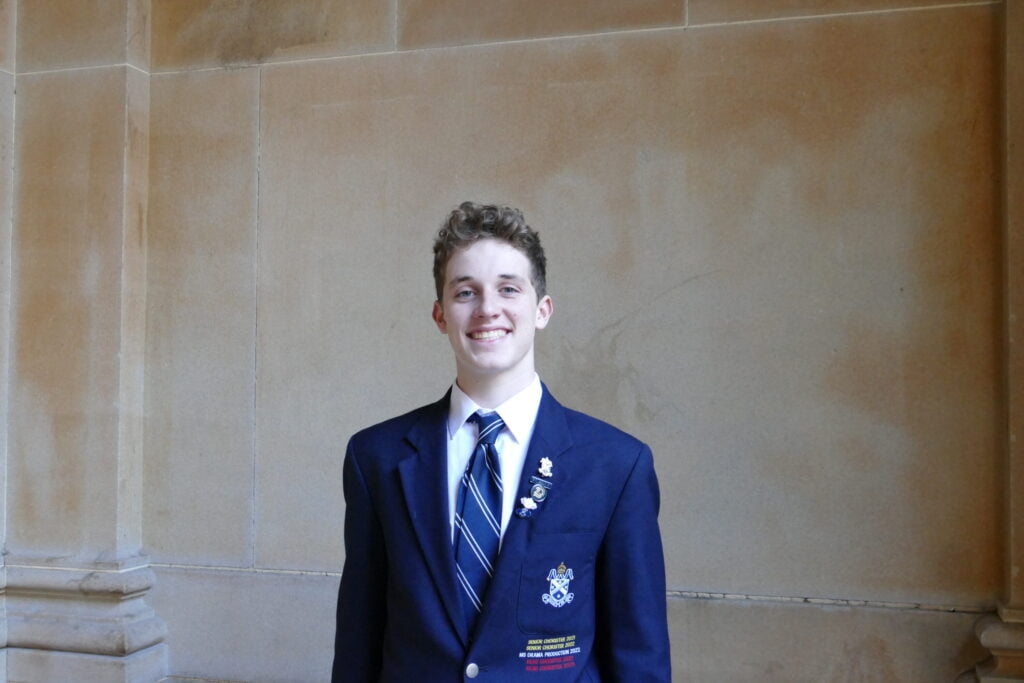Six of our Year 10 students were selected as finalists in the BIOTech Futures competition held at the University of Sydney last month. The competition connects the brightest young minds with world-class academics to think creatively about how science can solve some of life’s problems. In this piece, catch-up on how our students approached the competition.

St Andrew’s Cathedral School is intentional about teaching students the ‘why’ behind their learning. If students can see the purpose and point of whatever it is they’re being taught, they’re more likely to approach their learning with motivation and drive. That is exactly what happened for the following six students who tackled a scientific problem head-on and were rewarded with a place in the BIOTech Futures competition.
Last month, the six students attended the University of Sydney where they presented in front of academics, teachers and peers. Congratulations to the following students:
Bronte Parkin
investigated the damage air pollutants can cause when they come into contact with human skin. She researched creams with a view to developing something that might form a protective barrier capable of mitigating health risks.
Grace Patching
Investigated natural alternatives to chemical based hand sanitisers in order to help people who suffer from sensitive skin. Her research is timely considering the impact of COVID-19 and its effects on society at large.
Rama Chadda-Harmer
Investigated possible approaches to counteracting extreme soil acidity using natural products. Rama looked at the effectiveness of changing the particle size of basalt and highlighted its effects on soil acidity.
David Kaploun
Investigated the affect of temperature on tea tree oil’s ability to inhibit the growth of E-coli bacteria. David sought to provide clarity about the optimal storage temperature for tea tree oil in order to retain maximum efficacy.
Chris Yoong
Investigated how an increase in the surface area of polypropylene absorbent pads can reduce the amount of grease and oil entering the earth’s oceans. He hopes a mass produced and widely used grease trap will help to preserve marine life.
Aurelia Gorman
Investigated the effect of mask wearing on asthmatics and, based on her research, created a facemask for asthmatics that increases protection against COVID-19 while also allowing for high breathability.



